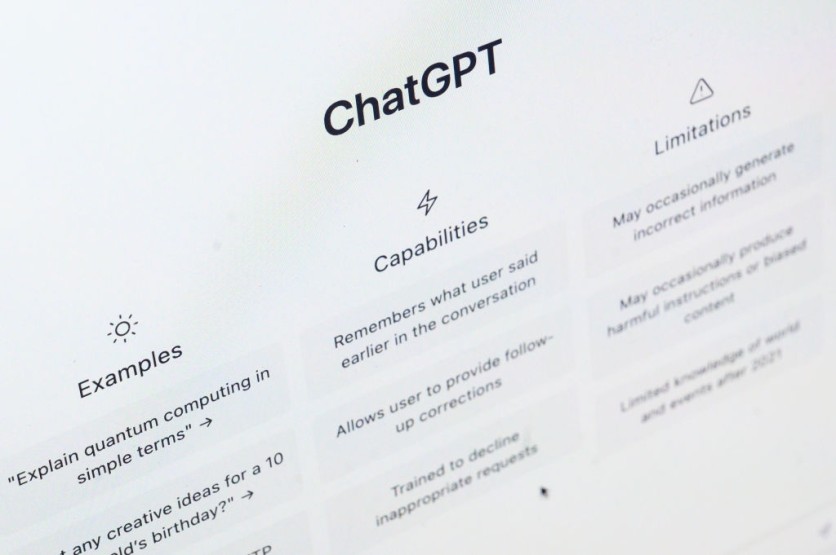
A student in an AI ethics class admitted to utilizing OpenAI's ChatGPT to collaborate on a written assignment.
Professor Brian Green of Santa Clara University told NBC that a student in his Ethics in Artificial Intelligence (AI) class utilized ChatGPT to generate an essay that was then submitted as the student's own.
Green has announced that, starting with this semester, the culminating assignment for his Ethics in AI course would no longer be an essay but rather a live presentation to the class. Professors from many Bay Area colleges reportedly met to discuss the ramifications of generative chatbots that can generate essays in seconds.
Professor Green's strategy, as one would expect, is more nuanced than just outlawing the technology.
According to Green's interview with NBC, "This gets into some very fundamental questions about what the educational system does and how it operates and how it should function in society." Hence, instead of writing essays, he will have students do presentations.
Academic Dishonesty
This is not the first time this AI-powered tool has been featured in the media.
A ChatGPT cheating scandal is emerging in a Florida gifted students program, according to a report by the New York Post on Friday, Feb. 17. Both instances of cheating were easily uncovered because the essays written in ChatGPT appear robotic. Your instructor will notice the difference if you submit one of them.
When confronted by their professors, the said cheaters apparently acknowledged their wrongdoing. The report indicates that one instructor was heartbroken to learn that his usually diligent students had resorted to such a lazy plan to avoid doing their schoolwork.
The Chatbot Trend
With its debut in November 2022, ChatGPT has already caused a media frenzy and inspired billion-dollar business initiatives.
According to Gizmodo, the most common sentiment is that AI will steal human employment, but concerns about academic dishonesty are also prevalent.
School officials are putting in an effort to get ahead of the issue. Not only they are adjusting their curriculum, but also they are adopting measures to block access to the ChatGPT website.
Public schools in major cities, including New York, Los Angeles, Seattle, and Fairfax County, Virginia, have all banned the AI tool.
These concerns are real, but OpenAI CEO Sam Altman argued that educational institutions should just get over it.
True enough that today's issues call for today's thinking. If educational institutions are serious about preparing students for success in the AI age, they will need to collaborate with rather than compete with the new chatbots.

![Apple Watch Series 10 [GPS 42mm]](https://d.techtimes.com/en/full/453899/apple-watch-series-10-gps-42mm.jpg?w=184&h=103&f=9fb3c2ea2db928c663d1d2eadbcb3e52)



